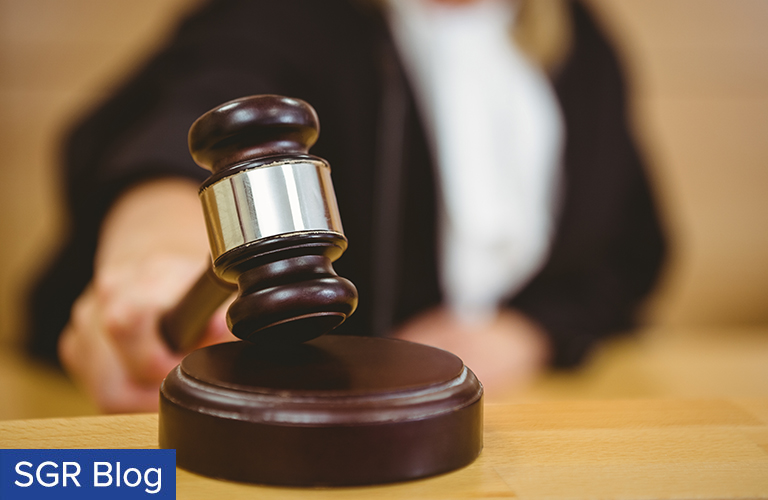
Music is a demanding form of expression. For an artist to communicate through lyrics in a song, the artist must conform his or her ideas within a time signature and in rhythm. When artists are limited in the number of syllables to express an idea or tell a story, they need to find shorthand ways to communicate. For many artists, they find the shorthand that they need to convey ideas, evoke emotions, and connect with their audiences in brands. For example, in 1966, Wilson Pickett told us he bought his paramour Sally a new 1965 Ford Mustang. Mr. Pickett’s audience… Read more




